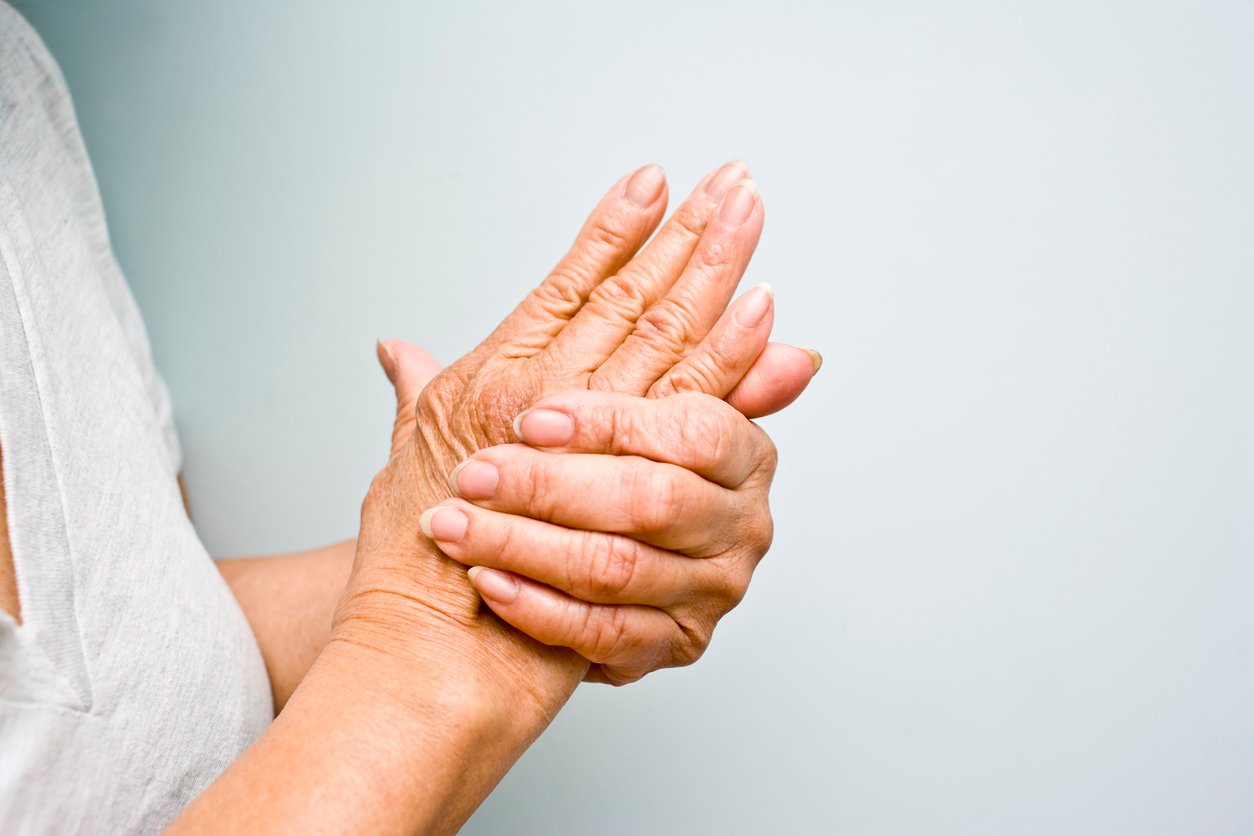
Rheumatoid arthritis (RA) is an autoimmune disorder that causes chronic inflammation in the joints. Unlike osteoarthritis, which results from wear and tear, RA involves the body's immune system attacking the lining of the joints, leading to pain, swelling, and eventual joint damage. It can affect joints on both sides of the body and often involves the wrists, knees, and hands.
Physiotherapy is an essential part of managing rheumatoid arthritis. It can help reduce pain, improve joint flexibility, and maintain muscle strength through individualized exercise plans and manual therapy techniques.
Physiotherapy can help individuals with RA maintain their quality of life by reducing inflammation and improving mobility. Through a combination of targeted exercises, manual therapy, and lifestyle recommendations, physiotherapy can slow the progression of the disease and manage chronic symptoms.
Reduces joint inflammation and pain
Improves flexibility and mobility
Strengthens muscles around the affected joints
Helps manage long-term symptoms and prevent joint damage


Here are some common questions we receive about rheumatoid arthritis and our physiotherapy treatments:
Rheumatoid arthritis is an autoimmune disorder where the immune system mistakenly attacks the lining of the joints, causing inflammation. The exact cause is unknown, but genetic and environmental factors may play a role.
Physiotherapy helps manage rheumatoid arthritis by improving joint flexibility, strengthening muscles, and reducing inflammation. It includes exercises, manual therapy, and other techniques tailored to the individual's needs.
With regular sessions, patients often experience improvements in a few weeks, though the timeline can vary based on the severity of the condition and the treatment plan.
During your session, the therapist will assess your condition and develop a personalized treatment plan that may include exercises, manual therapy, and guidance on managing rheumatoid arthritis at home.


